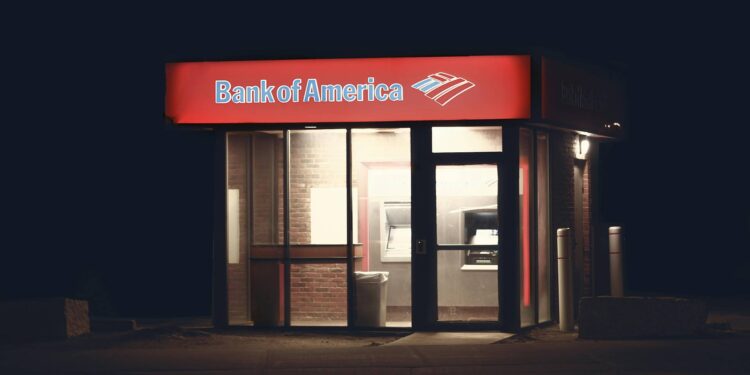Berkshire Hathaway, led by Warren Buffett, has significantly reduced its holdings in both Apple and Bank of America. This year, the position in Apple has been cut by approximately 50%, while the sales of Bank of America reached nearly $8 billion since mid-July, dropping Berkshire’s ownership stake to 10.7%. In recent years, Buffett has expressed that he does not find a significant amount of attractive values in the public markets.
His recent minimal acquisitions of full companies, despite his pursuit of converting cash into long-term ownership in solid enterprises, highlights a perceived scarcity of substantial and well-valued opportunities. Over the last seven quarters, Berkshire has been a net seller of equities from its investment portfolio, during which time the S&P 500 has realized a 50% increase. Longtime Berkshire shareholder and private investor Ed Borgato believes that the reduction in Apple and Bank of America holdings does not convey any overarching macroeconomic perspective.
Buffett’s historical decision-making supports this view. The primary impetus behind the reductions in Apple and Bank of America likely lies in the sheer size those investments had reached. Late last year, Apple constituted about half of the investment portfolio, a scenario Borgato describes as an “inconvenient fact,” especially considering Apple’s lofty valuation relative to its comparatively slow growth rate.
Concerning Bank of America, it has proven to be an exceptionally profitable investment made opportunistically shortly after the global financial crisis.
Buffett reduces technology and banking investments
Reducing positions to below the 10% mark allows for the avoidance of immediate transaction disclosures, a prudent strategy for such a significant holding.
During May’s annual shareholder gathering, Buffett disclosed that his selected successor, Greg Abel, would have the ultimate authority over investment decisions. This signals a shift in Buffett’s mindset from when he believed the roles of CEO and head of investments would remain separate. Berkshire’s profit-taking comes at a time when its own shares have outperformed and appeared to be highly valued.
Since the bear market trough in October 2022, Berkshire has closely mirrored the iShares MSCI Quality ETF (QUAL) while surpassing the S&P 500—demonstrating a trend of investment flowing consistently into leading companies boasting strong balance sheets and stable earnings. The quality segment of the market, which includes cash-rich and high-margin technology firms along with other high-return enterprises, has rewarded investors amidst fluctuating earnings growth and rising interest rates since 2022. Yet, this market segment is now trading at the upper end of its historical valuation spectrum.
Throughout this period, Berkshire’s price-to-book ratio has exceeded 1.6, a level it has surpassed only a few times over the past 15 years. Last quarter, the company severely limited its share repurchase activity, with Buffett being notoriously selective regarding buyback prices. With approximately $300 billion in cash reserves, Berkshire maintains a significant cushion, albeit one that also presents challenges.
Buffett has highlighted his intention to yield close to 5%, demonstrating a cautious strategy as he navigates an apparently inflated market in search of value.


